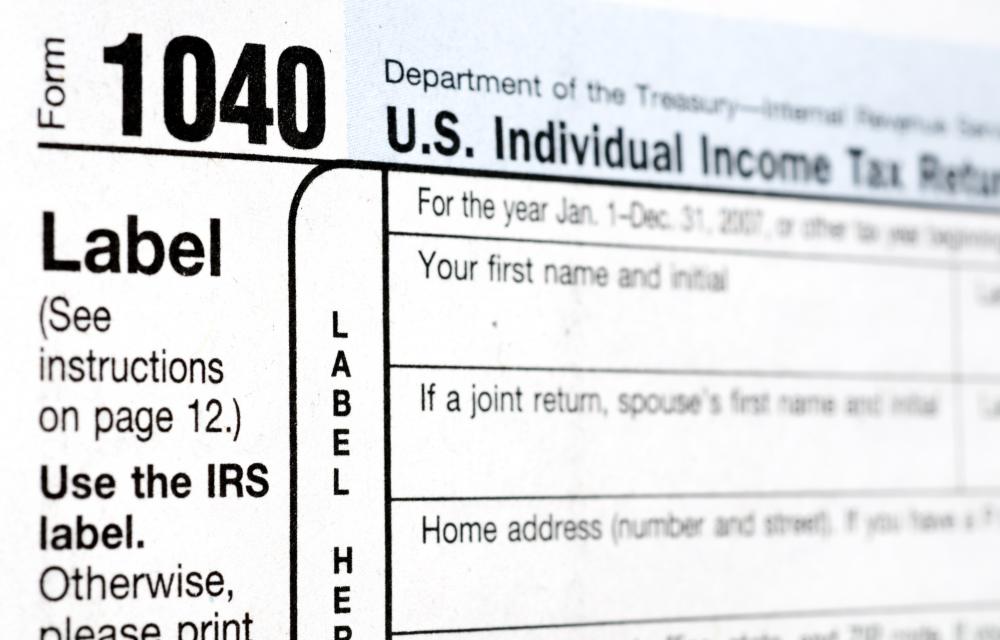At WiseGEEK, we're committed to delivering accurate, trustworthy information. Our expert-authored content is rigorously fact-checked and sourced from credible authorities. Discover how we uphold the highest standards in providing you with reliable knowledge.
What is an Expenditure Tax?
Expenditure tax is a taxation plan that replaces the income tax. Instead of applying a tax based on the income earned, tax is allocated based on the rate of spending. This is different from a sales tax, which is applied at the time the goods or services are provided and is considered a consumption tax.
There are four basic issues surrounding an expenditure tax: equal distribution between rich and poor, collection methods, tax brackets, and rates. The most obvious issue with this model is the difference in available income for spending. The lower the income, the more of that income is spent to meet daily needs. Saving is a luxury that is only possible after all spending needs are met. This model would have the wealthy, who have more income available to save, and thus shelter from tax than the poor and working classes. To address this issue, adjustment mechanisms would need to be built in to the tax reporting process for people with lower incomes.

There are two calculation methods in expenditure tax, cash flow or yield exempt. Under cash flow, only the actual amount of money spent on goods or services is taxable, all savings are exempt. Savings includes the purchase of any type of investment instrument, such as bonds or securities. The income used to purchase these items would be non-taxable at the time the purchase is made, however, when the funds are withdrawn from these instruments, the money becomes taxable. In the yield exempt method, all income is taxable, unless they can be related directly back to investment earnings, which is tax exempt.

The tax brackets need to be expanded, both to reduce the number of categories and to reduce the tax rate at the lower levels in the expenditure tax model. In addition, tax credits would need to be created to make allowances for family circumstances, such as the number of children. Taxpayer age, earning capacity and local economic employment opportunities would also need to be taken into consideration when determining the applicable tax credits.
The major benefit for this type of tax scheme is the removal of double taxation. Under the current system, all savings are made with after tax dollars. Any capital gains or investment gains are then taxed again. This duplicate taxation is only partially offset by dividend income tax credits.
The downside to this type of taxation model is that it is effectively a tax on labor. This focus may result in a shift in the leisure/work balance decision in favor of leisure. In the long run, this may not be in the best interests of the country.
AS FEATURED ON:
AS FEATURED ON:












Discussion Comments
How is an expenditure tax "effectively a tax on labor"?? Isn't the income tax a de facto tax on labor? An expenditure tax is a tax on consumption
Post your comments